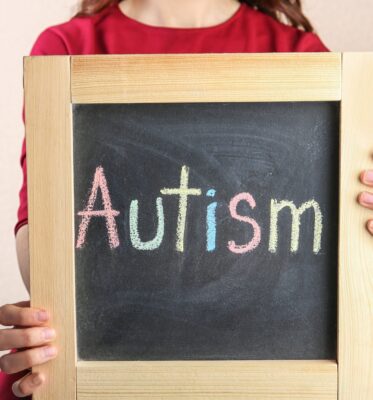Written By: Juanita Ibarra, Clinical Trainee at ACS, On-Campus Counseling Program UNLESS YOU’VE LIVED UNDER A ROCKthis past year, you’ve probably heard about K-Pop Demon Hunters from your kids, your co-workers, social media, new outlets, and even your neighbor’s dog. It’s not only Netflix’s most watched movie ever and dominating music charts, it’s also a […]
Adolescent Counseling Services’ Resource Blog
Written By: Juanita Ibarra, Clinical Trainee at ACS, On-Campus Counseling Program HAVE YOU EVER FELTlike you didn’t know what to say to someone who was grieving? Many of us have been there, wanting to help, but unsure how. Grief is one of those universal experiences that connects us all, yet it can feel deeply personal […]
Written By: Taylor Anderson, Clinical Trainee at ACS, On-Campus Counseling Program AUTISM IS A HOT BUTTON TOPICin today’s world, and it can often times be challenging to understand what Autism actually is. The scariest part of Autism is when we don’t understand it, so let’s take some time to understand what it is and how […]
REDWOOD CITY, CA – Adolescent Counseling Services (ACS), a nonprofit mental health organization celebrating 50 years of service to communities across Santa Clara and San Mateo Counties, announced the appointment of Dr. Douglas Styles as its new Executive Director, effective January 1, 2026. Dr. Styles brings more than 25 years of nonprofit leadership experience, with a […]
Written By: Ariella Hartley, Clinical Trainee at ACS, On-Campus Counseling Program THE TRANSITION FROM CHILDHOOD into the tween and teen years can feel like an emotional rollercoaster, for students, parents, and teachers alike. Throughout elementary and middle school, children develop a deeper sense of self, stronger social awareness, and growing sensitivity to how others see […]
Written By: Madison Reyna, Clinical Trainee at ACS, On-Campus Counseling Program IT IS COMMON FOR CHILDREN with Attention deficit/hyperactivity disorder (ADHD) to exhibit some disruptive behaviors. However, ADHD symptoms can be misdiagnosed as a disruptive behavior disorder, especially in children of color (Fadus et al., 2020). Disruptive behavior disorders are typically presented as difficulties in […]





